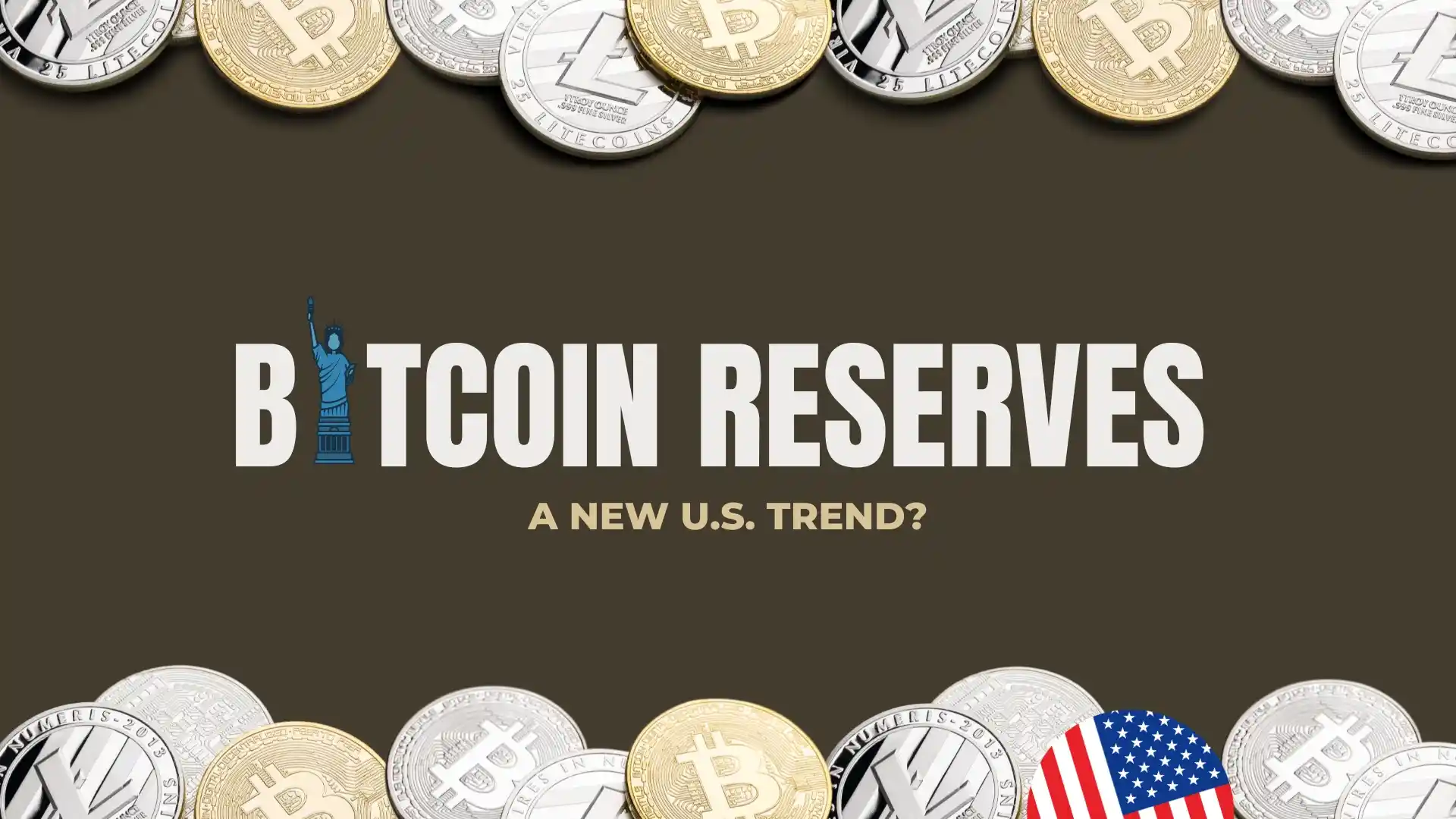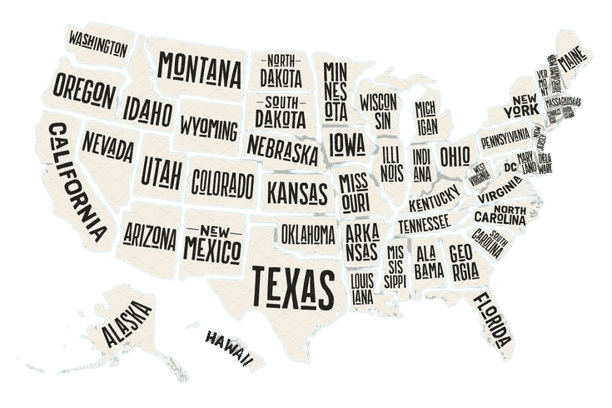
Bitcoin is making waves in the U.S. financial landscape as several states explore the idea of establishing a Bitcoin Reserve. This concept gained momentum after former President Donald Trump suggested creating a federally backed Bitcoin Reserve during his 2024 campaign. Since then, state governments have taken matters into their own hands, introducing bills and legislation to invest in Bitcoin as a financial asset.
Although no federal decision has been made, individual states are moving forward. Let’s explore which states are leading this push and how they plan to integrate Bitcoin into their financial strategies.
Utah: The First State to Consider a Bitcoin Reserve?

Utah is at the forefront of this movement. On January 28, a state committee voted 8-1 in favor of the “Blockchain and Digital Innovation Amendments” bill. This legislation would allow the state to invest a portion of its public funds in Bitcoin and other cryptocurrencies.
Utah’s interest in digital assets is not new. Since 2022, the state has had a dedicated Digital Asset Task Force, which has been actively working on cryptocurrency policies. If this bill passes, Utah could become the first state to officially establish a Bitcoin Reserve.
Texas: Leading the Charge with a Bold Plan
Texas has always been a hub for cryptocurrency innovation, and its latest move proves it. Recently, Lieutenant Governor Dan Patrick announced plans to set up a Texas Bitcoin Reserve in 2025. This initiative was listed among his top 40 legislative priorities.
Additionally, State Senator Charles Schwertner introduced a bill on January 16, proposing a state-backed Bitcoin Reserve. He emphasized that this move would strengthen Texas’s position as a leader in the digital economy while ensuring financial security for the future. With Texas already home to some of the largest Bitcoin mining companies, the state’s push for a Bitcoin Reserve further cements its role as a key player in the crypto space.

Arizona: Taking Legislative Action

Arizona is also making strides toward Bitcoin adoption. Last month, the Arizona Senate Finance Committee approved the “Arizona Strategic Bitcoin Reserve Act” in a 5-2 vote.
This bill, co-sponsored by Senator Wendy Rogers and Representative Jeff Weninger, proposes that up to 10% of public funds—managed by the state treasurer and retirement systems—be allocated to Bitcoin and other cryptocurrencies. If passed, Arizona will be among the first states to hold Bitcoin as part of its financial reserves.
Illinois: Long-Term Investment Strategy
Illinois is not far behind. The state is currently considering House Bill 1844, introduced by Representative John Cabello. The bill seeks to establish a Bitcoin Strategic Reserve as a special fund within the state treasury.
What makes Illinois’ plan unique is its five-year minimum holding period. After this period, the state treasury would have the authority to transfer, sell, or convert Bitcoin into other assets. This long-term strategy aims to maximize potential gains while ensuring financial stability.

Other States Joining the Movement
Pennsylvania was the first state to introduce a Bitcoin reserve bill in November 2024. Following its lead, several other states have proposed or passed similar legislation. These include:
–> Florida , Alabama , Massachusetts , Kentucky , Montana , New Hampshire , North Dakota , Oklahoma , Ohio , South Dakota , Wyoming

With these states taking action, more local governments might soon propose similar Bitcoin reserve initiatives. If this trend continues, the U.S. could see widespread adoption of Bitcoin as a state-backed financial asset.
What Does This Mean for Bitcoin Adoption?
The push for state-backed Bitcoin reserves marks a major shift in how governments view cryptocurrency. If more states pass legislation to invest in Bitcoin, it could:
- Increase Institutional Trust – Governments holding Bitcoin would signal legitimacy and stability.
- Drive Adoption – More businesses and individuals may feel encouraged to use Bitcoin.
- Boost Bitcoin Prices – Increased state investment could contribute to higher market demand.
- Create Regulatory Frameworks – Clearer regulations could emerge as states develop cryptocurrency policies.

Final Thoughts
The idea of a U.S. Bitcoin Reserve is no longer just speculation. While the federal government has yet to take action, multiple states are moving forward with their own Bitcoin investment strategies.
As states like Utah, Texas, and Arizona lead the way, the future of Bitcoin in government finance looks promising. If more states follow suit, Bitcoin could become an integral part of the U.S. financial system.
Be part of the crypto revolution—get the latest Bitcoin updates on our blog here!🚀
source : finance.yahoo , pinterest

